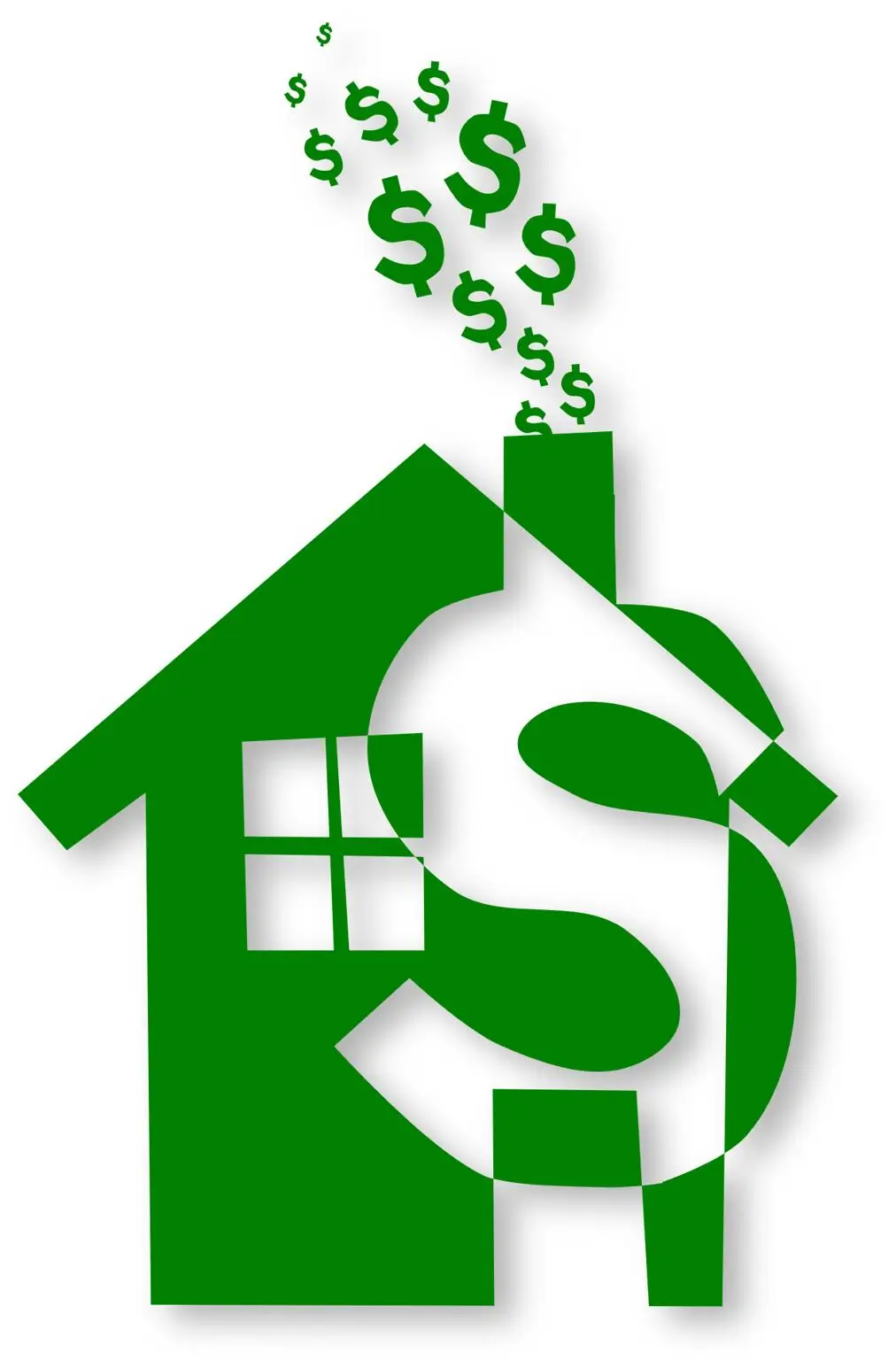It's astonishing that over three million North Carolina residents live in an HOA community nowadays, according to
HOAs help maintain neighborhoods by setting rules to ensure property values stay high. However, issues can arise when payments to the HOA are missed. This can lead to a legal action called an HOA lien.
What should homeowners who live in an HOA know about these liens? Read on for our Charlotte property lien guide.
What Is an HOA Lien?
It's a legal claim against your property, and it happens when you don't pay your HOA dues or fines. These dues fund community maintenance, such as landscaping and pool upkeep. If you miss payments, the HOA can file a lien on your home.
The lien serves as a warning. It tells others, such as potential buyers, that you owe the HOA money. Until the lien is resolved, selling or refinancing your home becomes very hard.
Knowing your homeowner association rules is the first step to avoiding such problems.
Legal Aspects of HOA Liens in North Carolina
HOAs in Charlotte must follow North Carolina law. When filing a lien, the HOA must give written notice. They cannot act without informing you first.
After the notice, you usually have a chance to pay the overdue amount. If the lien is not cleared, the HOA may escalate the issue. They could foreclose on your home.
However, foreclosure is a last resort. Knowing your legal rights is important when dealing with HOA disputes. You can seek advice from legal professionals for property lien insights.
Managing HOA Disputes
Disputes with your HOA can be stressful, but solid communication is the key to navigating this problem with grace. If you disagree with a fee or charge, contact the HOA board. Request a detailed explanation because this can help clear up misunderstandings.
If the issue persists, mediation is another option. A neutral third party can help resolve the lien dispute, which is often quicker and less costly than legal action. By managing HOA disputes early, you can avoid liens and other complications.
Homeowner Rights Protection
Homeowners have rights even when facing an HOA lien. North Carolina law requires HOAs to follow specific steps. If the HOA does not follow the law, you can challenge the lien.
Additionally, HOAs cannot charge excessive fees. If you believe the charges are unreasonable, you can seek legal help. Protecting homeowner rights is essential to ensure fair treatment.
Resources like the North Carolina Department of Justice can provide guidance.
These HOA Property Lien Insights Can Save You From Trouble
Understanding an HOA lien is important for all homeowners in Charlotte. By learning about homeowner association rules, you can avoid potential problems. Always pay your dues on time and communicate with your HOA if issues arise.
Does your Charlotte community need help with management? If that's the case, Contact PMI Queen City to learn about our association management services and how they can uplift your community. Our business can't thrive if your community isn't, so you can always count on us to take care of everything.


